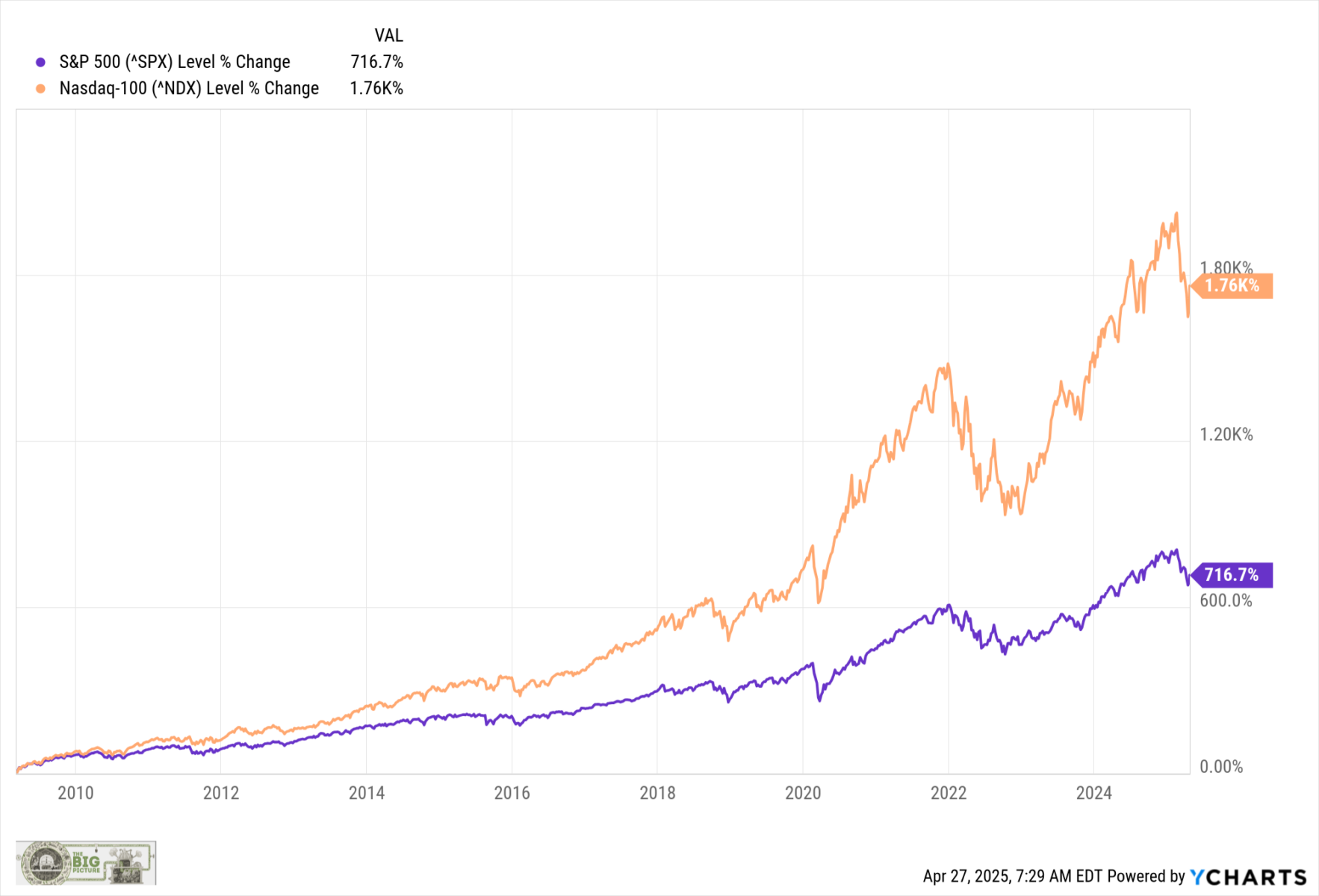Economic Challenges Threaten Growth of Branded Entertainment Inspired by 'Barbie'
The recent success of the Margot Robbie-starring film "Barbie" has sparked a wave of interest among brands eager to dive into the realm of filmed entertainment. This trend comes at a critical time for the entertainment industry as it grapples with challenges stemming from the aftermath of the COVID-19 pandemic, ongoing labor strikes, and a notable shift away from the era known as Peak TV. Unfortunately, this momentum is now jeopardized by the tariffs imposed during the Trump administration, which have cast a shadow of uncertainty over the industry.
According to a report from Business Insider, several agencies and consultants specializing in branded entertainment have noted that economic uncertainty has led to the cancellation or postponement of numerous projects. Their insights reflect a growing concern that brands are withdrawing from ambitious film ventures due to fears surrounding potential economic fallout. Data from a February survey conducted by the Interactive Advertising Bureau (IAB) reveals that a staggering 45% of advertisers are planning to scale back their ad spending primarily due to apprehensions related to tariffs.
Rick Parkhill, director of Brand Storytelling, an organization dedicated to fostering the branded entertainment community, emphasized the shift in marketing priorities. He pointed out that brands are increasingly leaning towards performance marketing, which focuses on measurable results like sales or website traffic. This shift often comes at the cost of top-of-funnel marketing, where the emphasis is on brand storytelling and building awareness. The IAB survey further highlighted that 35% of advertisers intend to increase their focus on performance-based campaigns, a move that could stifle creative storytelling in favor of hard metrics.
Parkhill expressed his concerns, stating, Im hearing about projects being pulled, held, people being laid off, a lot of concerns about job security. He noted that large-scale projects, often costing millions and requiring extensive development over the course of a year, are facing significant delays. The human impact of this economic chill is palpable, with industry insiders reporting an influx of communications from individuals seeking new job opportunities, further illustrating the precarious state of branded entertainment.
Brian Newman, founder of Sub-Genre, which advises companies like REI on content strategy, reflected on the drastic shift in the industry landscape. Just a few months ago, during the Sundance Film Festival, the atmosphere was bustling with meetings and potential projects. In stark contrast, the current climate is one of uncertainty and caution.
Moreover, the political climate surrounding the Trump administration's stance on Diversity, Equity, and Inclusion (DEI) initiatives has also strained branded entertainment efforts. Brands often utilize Hollywood-style marketing to align themselves with progressive values, such as Procter & Gamble's in-house studio, which has produced films addressing gender equity and LGBTQ+ issues, or John Deere's poignant film about Black farmers titled "Gaining Ground: The Fight for Black Land." However, some brands are now hesitant to promote projects that may attract scrutiny or backlash from the current administration.
Marcus Peterzell, founder of Passion Point Collective, a brand film studio with notable clients, shared that one of his clients chose to halt promotion for a film it had released to avoid potential backlash. He described the situation as unbelievable, illustrating the growing pressures brands face in navigating political sensitivities.
Despite these challenges, Parkhill believes that companies with existing films in production will likely continue to move forward, primarily due to the sunk costs associated with their projects. Advisors in the industry are encouraging clients to persevere and keep developing projects, arguing that maintaining visibility can provide a competitive edge as other brands cut back. In uncertain times, consumers are more receptive to brand messages that resonate on a deeper level beyond mere price considerations.
Looking ahead, Parkhill is organizing the Elevate event scheduled for July, where attendees can expect discussions centered around the importance of impactful storytelling in challenging times. He explained, To just say come buy our stuff, people are not going to respond to that.
While the success of films like "Barbie" has undoubtedly boosted interest in branded entertainment, the road ahead remains fraught with obstacles. The lengthy production timelines associated with films make it difficult for brands to quickly pivot marketing strategies. Furthermore, even before the imposition of tariffs, some corporations, including Starbucks, Marriott, and Southwest Airlines, had already laid off marketing professionals focusing on filmed content, serving as a sobering reminder of the volatility in this sector.
Nevertheless, there are glimmers of hope within the industry. Companies like Hershey are reportedly developing a much-anticipated film about their candy empire, and Toys 'R' Us is exploring a live-action film adaptation. While the immediate effects of tariffs have been felt most acutely by sectors tied to travel and China-dependent manufacturing, other areas such as the creator economy, healthcare, and B2B markets appear to be weathering the storm more effectively.











